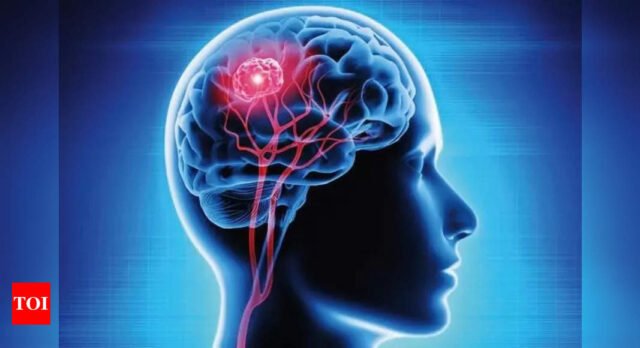Hyderabad: IIIT Hyderabad, in collaboration with Nizam’s Institute of Medical Sciences (NIMS), has released digitised datasets of histopathological images focused on brain cancer and kidney disease (lupus nephritis). The effort, dubbed India Pathology Dataset (IPD) project, a collaborative initiative involving academia, hospitals, industry, and govt, aims to digitise tissue biopsy slides. It also seeks to prevent damage to physical slides, improve clinical decision-making, accelerate diagnosis and enable AI-driven research.
Supported by the Technological Innovation Hub for Data Banks, Data Services, and Data Analytics (TiH-Data), IIIT Hyderabad installed a whole slide digital scanner at NIMS. “Traditionally, tissue biopsies are examined under a microscope. By digitising these slides, computers can now visualise them, enabling collaborative diagnoses among pathologists across locations,” Prof Vinod P K, who leads the dataset curation for various cancers, explained.
One of the initial datasets, the IPD-Brain dataset, was published in ‘Nature Scientific Data’, an open-access journal for scientifically valuable datasets. Focused on Indian demographics, it includes 547 high-resolution slides from 367 patients, making it one of Asia’s largest datasets. “Effective cancer management depends on accurate typing, sub-typing, and grading,” Dr Megha Uppin from NIMS’ department of pathology noted. The dataset provides a foundation for training machine learning models to explore regional and ethnic disease variations and improve diagnostic accuracy, including identifying cancer subtypes.
“Brain tumour diagnoses increasingly rely on molecular genetics, requiring pathologists to adopt and standardise advanced techniques. AI can address this challenge by diagnosing molecular abnormalities for cost-effective, accurate diagnoses,” she added.
While the initial focus is on brain tumours, efforts are underway to extend the dataset to other cancers, including breast, lung, colorectal, oral, and cervical cancers. NIMS is actively contributing to a lung cancer dataset as part of this expansion.
The project also compiled a dataset on lupus nephritis, a kidney disease caused by the immune system attacking the kidneys. “Lupus disproportionately affects women in India, with a significant incidence in Telangana. Many patients seek treatment at NIMS,” Prof Vinod said. The open-source nature of the datasets makes them valuable for researchers and educators. “For instance, pathology students pursuing an MD can use these digitised histopathological images for deeper insights,” he noted.







